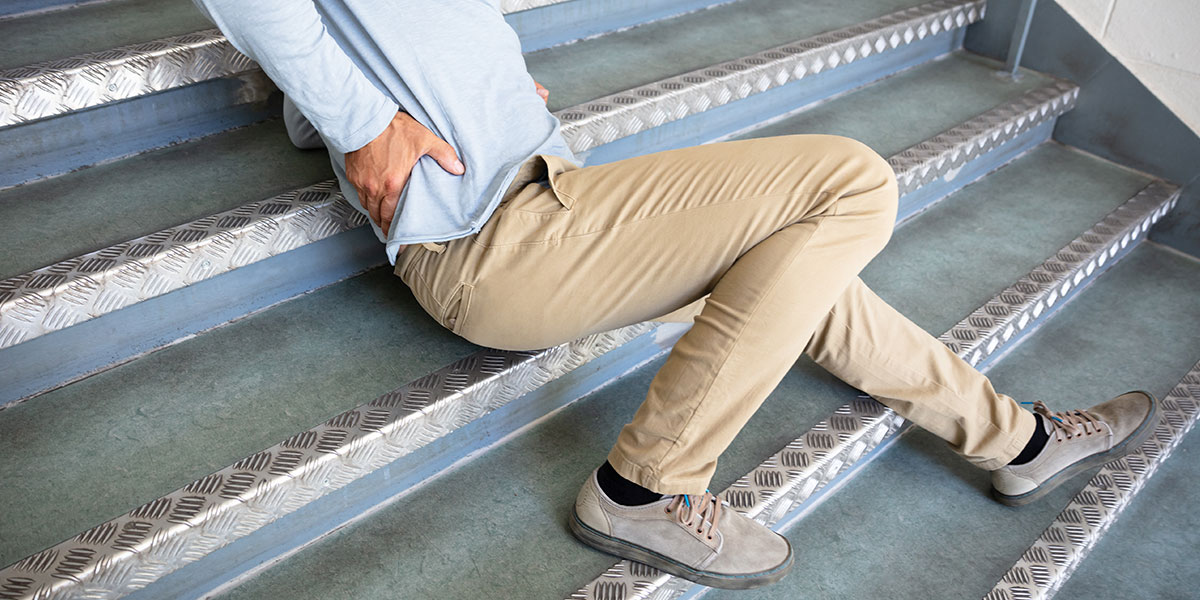Taking too long? Close loading screen.

November 18th

Workers comp and personal injury claims both allow a victim to recover compensation for injuries sustained in an accident, due to illness, or various other circumstances.
People who get hurt at work tend to file workers comp claims, while people injured elsewhere—such as in a car accident or at a store while out shopping—tend to file personal injury claims.
However, there is some overlap between workers comp and personal injury cases.
We’re going to look at:
If you were hurt at work but you’re not sure which type of claim you should file, start here.
One of the biggest factors in determining whether you should file a personal injury lawsuit or a workers compensation claim is if negligence played a role in your injury.
Did you get hurt or fall ill due to the recklessness or negligence of another? If so, then you might want to consider a personal injury lawsuit first.
“Negligence” is when someone fails to take reasonable or proper care when doing something—resulting in damage or harm to another person.
Personal injury lawsuits can give better closure to your case (when negligence is involved) than filing a workers comp claim, because it also holds the defendant accountable, while providing motivation for workplace changes that will help avoid similar injuries in the future.
Many times, personal injury lawsuits also offer higher payouts than workers comp claims.
The drawback of filing a personal injury lawsuit is that, unlike with workers comp claims, the burden of proof to demonstrate negligence falls upon you and your attorney.
Workers compensation claims, on the other hand, do not require you to establish “negligence” in order to receive benefits.
In most workers compensation cases, you’re not trying to place “blame” on anyone—you’re just trying to receive compensation in order to cover medical bills, lost wages, etc.
The drawback is that workers comp claims sometimes pay out less than personal injury cases.
While successful workers compensation claims will help reimburse you for medical bills, lost wages, disability expenses and more, a personal injury case could also win you compensation for pain and suffering, for example.
Workers compensation is generally designed to allow a hurt worker to recover compensation for their injuries without needing to prove that their employer is at fault.
In return, the victim releases their employer from liability for the accident.
Accepting a workers comp payout typically means that you won’t be able to file an injury lawsuit.
There are situations where it’s possible to recover compensation from both systems, however.
For example, if you were injured driving a defective forklift at the factory where you work, you may be able to file a personal injury lawsuit with the forklift manufacturer, as well as seek workers comp benefits through your employer.
Whether you think you have a workers comp case or a personal injury case, it’s important to know that victims tend to recover more money when they hire an attorney.
If you’ve been hurt at work (or elsewhere), Glacier here to help. Contact us immediately, and let’s get to work recovering the compensation you deserve.
*The information provided on this website does not, and is not intended to, constitute legal advice; instead, all information, content, and materials available on this site are for general informational purposes only.
Do you have a case?
The longer you wait, the lower the chance you have of getting compensation. Contact us NOW for a free case evaluation.
Free ConsultationGlacier Law Firm